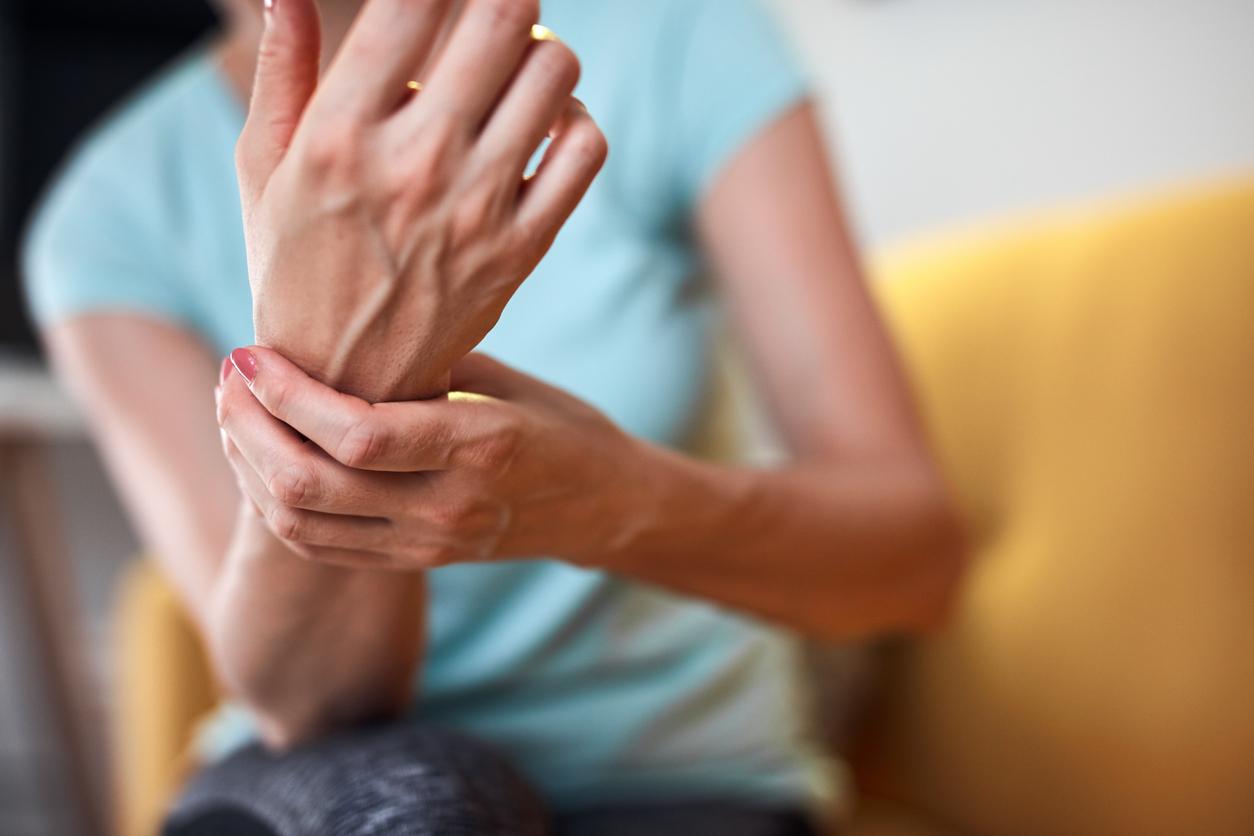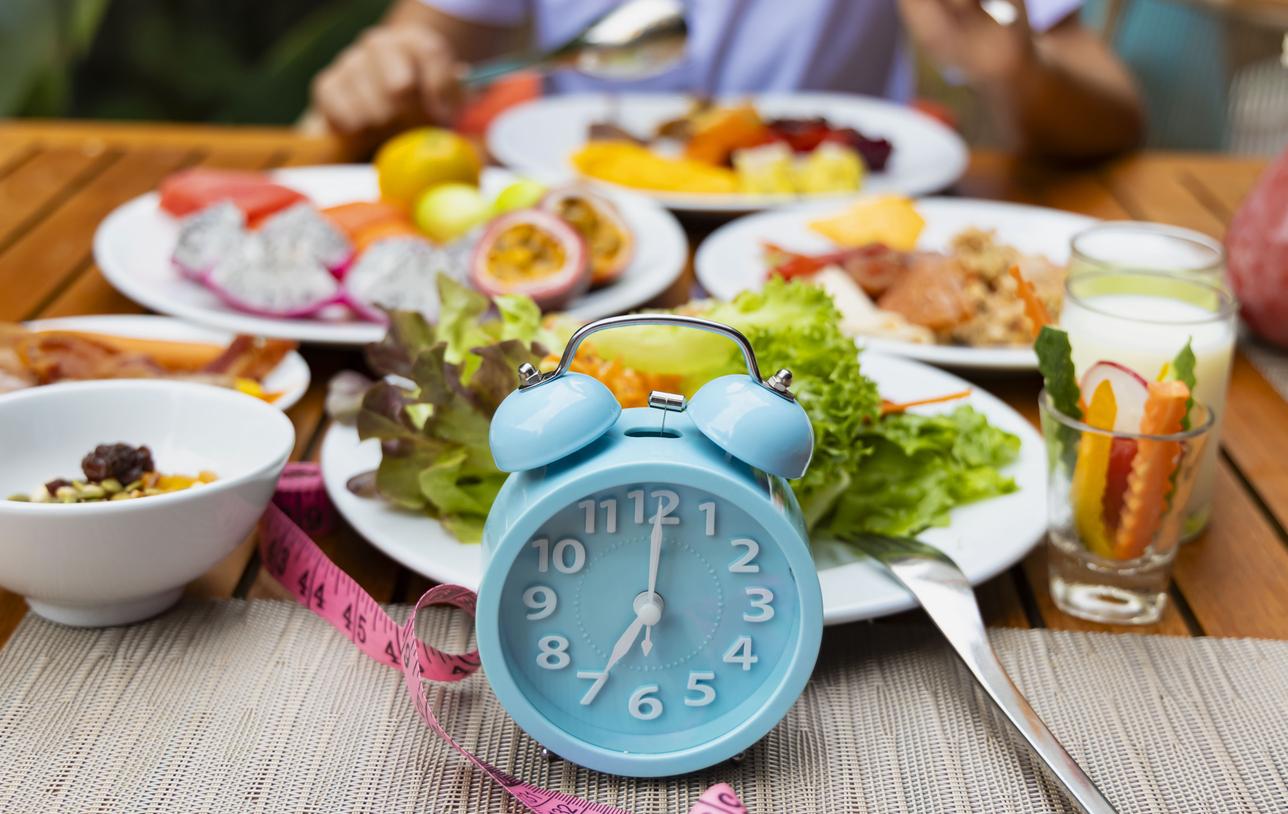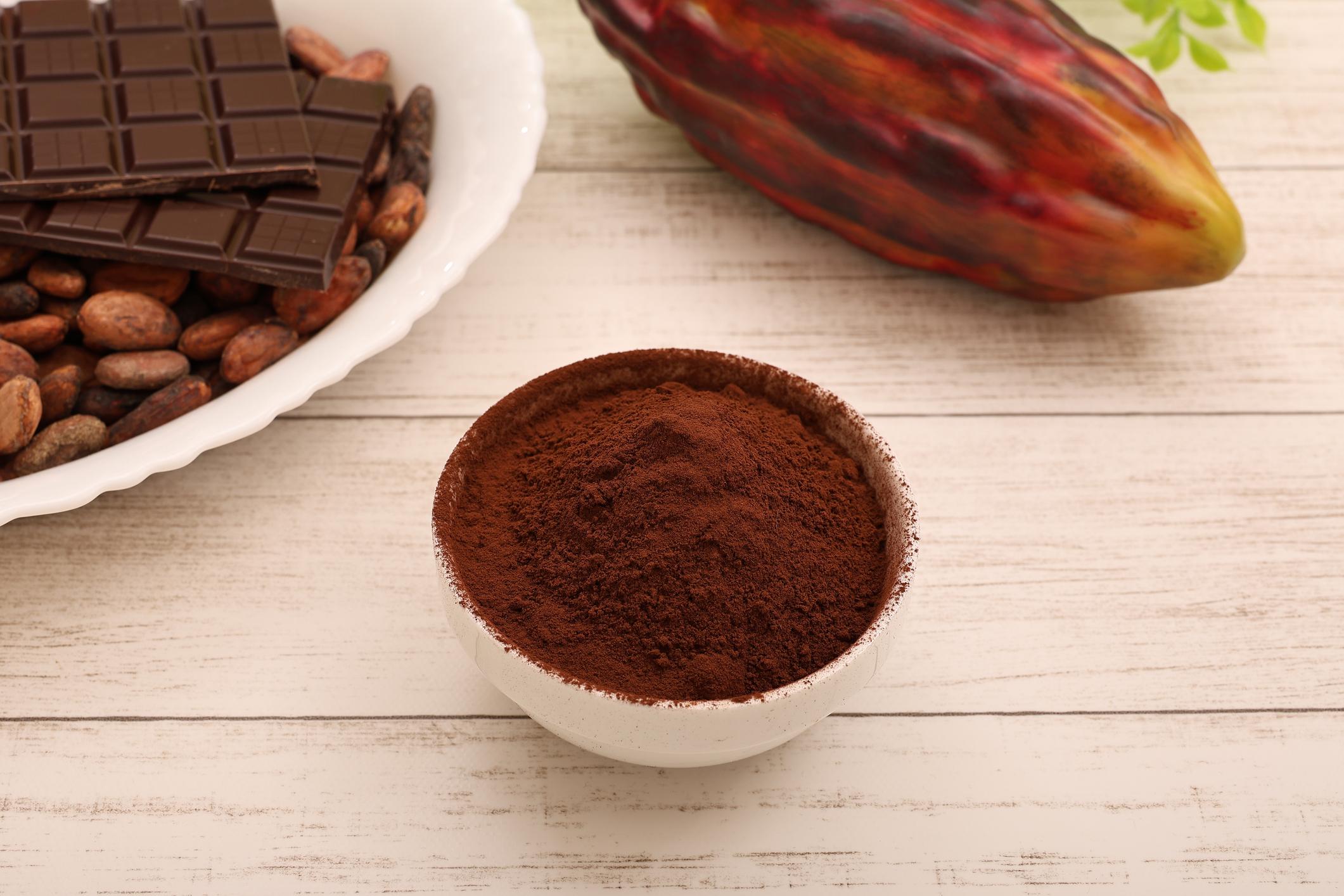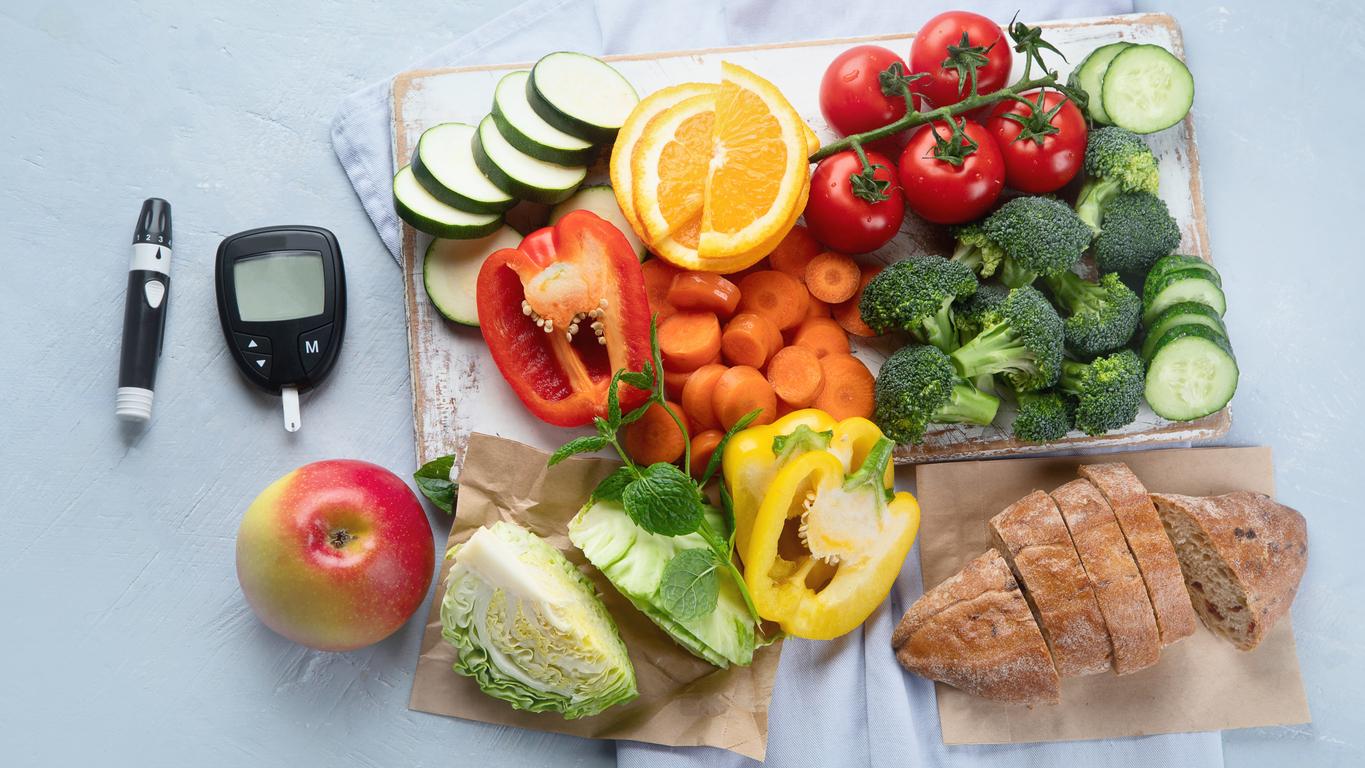See the dossier Food: feasting, healing or poisoning yourself?
MONTREAL (PasseportSanté.net) December 6, 2005 – When it comes to food, there is really something to be confused about in front of the profusion of information, sometimes contradictory, with which the media inundate us day after day. But, fortunately, there would be relatively simple ways to see more clearly, among others by rediscovering the pleasure of eating well!
|
Every day, we have to ask ourselves whether to choose foods according to their cost, their taste, their nutritional value, their health properties or their influence on the waistline! |
This is what emerges from a workshop, entitled “Information overload: how to navigate? », Which brought together three distinguished speakers within the framework of the Radio-Canada Conferences /Press presented in collaboration with PasseportSanté.net1.
Professor Lise Renaud, director of the Media and Health Research Group of the University of Quebec in Montreal (UQAM), first presented the results of a study that has analyzed, for 20 years, content relating to food. in everyday life Press, on Radio-Canada television and in Quebec television series. “From the point of view of quantity, there is not really overabundance: on average, one article per week in Press and 40 nine-minute segments per year on Radio-Canada. But people claim to have an impression of overload because the media bombard them with scholarly words and a multitude of data without going deep enough, without putting into context and without sufficiently relating this information to real life ”, affirms the researcher. .
Indeed, the study showed that, in the media, texts relating to food generally deal with 12 pieces of information each, while the average for press articles is limited to six.
Lise Renaud of UQAM believes that you can reduce the anxiety generated by information overload by consulting credible and well-documented websites, and by being careful to let yourself be influenced by fashions and the latest discoveries, too often. presented out of context.
To make choices
Sociologist François Ascher, professor at the University of Paris 8 and at the University of Geneva, also notes that there is not necessarily information overload, but that it is increasingly difficult to analyze and classify it.
In a recent work entitled The hypermodern eater, he says that when it comes to food, we are now faced with “hyper choices” that can become really scary. Every day, we have to ask ourselves whether to choose foods according to their cost, their taste, their nutritional value, their health properties or their influence on the waistline! “We need a large amount of information, in very different fields, which will have contradictory consequences on our choices. And it becomes all the more difficult since there is information that we would not like to have, because something is too good for us to want to know how much sugar it contains … ” , specifies François Ascher.
Nothing to help consumers, scientists do not get along with each other. At least that is what Joe Schwarcz, director of the Office for Science and Society at McGill University, argues. Indeed, cutting-edge research is often contradictory, difficult to interpret and blunted by the media or certain groups which, for commercial reasons, have an interest in exaggeratingly inflating a particular discovery. The one we nickname Dr Joe notices that there are always “buts”. “This contributes to the confusion: fish contain good omega-3s, but also PCBs. Corn contains lutein, an excellent antioxidant, but it is often genetically modified. Linseed oil prevents breast cancer, but contributes to prostate cancer … ”, he lists.
How to navigate?
The fact remains that science has clearly demonstrated, with certainty, the benefits of certain specific dietary practices, recalls Joe Schwarcz, who teaches nutrition at the Faculty of Medicine at McGill University. Thus, it is better to reduce your consumption of meat, sugar and saturated fat and increase, in your daily menus, the share of fruits, vegetables, whole grains and fish – the advantages outweighing the disadvantages, in this regard. last case. And only after, can we supplement with vitamins, minerals and other supplements.
Nutrition is only one of the many factors that influence our health, believes Joe Schwarcz. Heredity is, according to him, the most determining factor. “Hence the importance of choosing good parents! He jokes. More seriously, he suggests applying not to worry too much, since worrying is in itself a risk factor for health …
François Ascher shares this opinion. “I think that pleasure is a way for man to manage to live with his constraints and his anxieties. We must rehabilitate this dimension of pleasure in food. If we want to fight against obesity, we must not make people feel guilty, we must develop the pleasure of eating well. He says you have to be willing to choose sometimes the convenience of fast food and other times – ideally, more often – to take the time to prepare and enjoy a good meal, if possible shared with others. good company.
�
|
Good advice from “Dr Joe “
|
Léon René de Cotret – PasseportSanté.net
1. La Presse / Radio-Canada Conferences presented in collaboration with PasseportSanté.net, December 5, 2005.

















